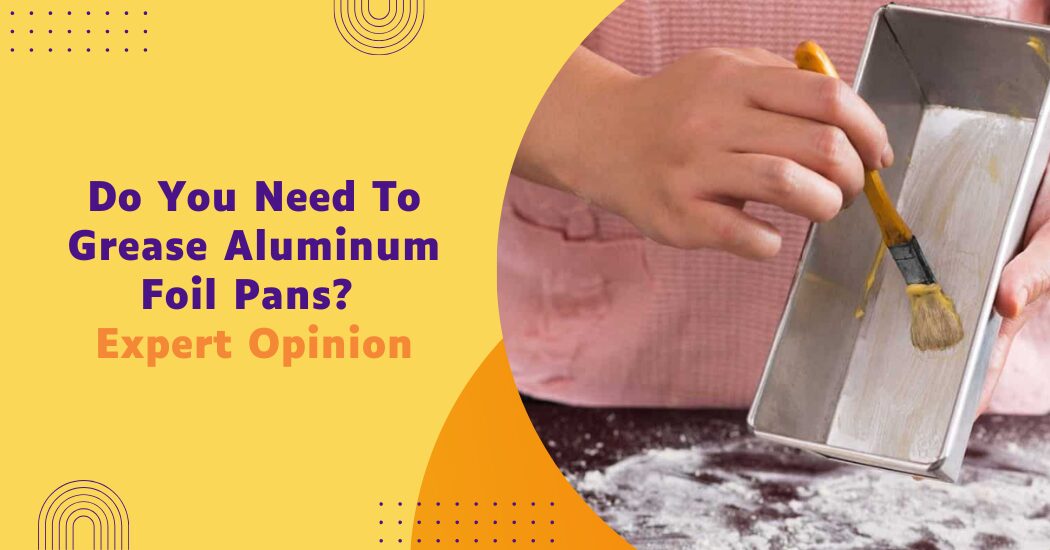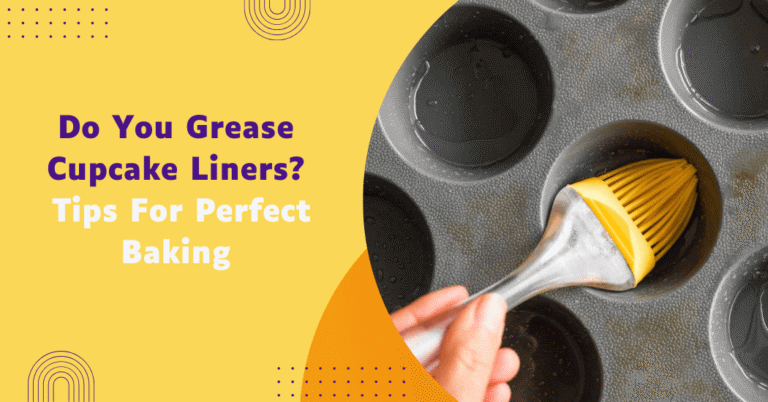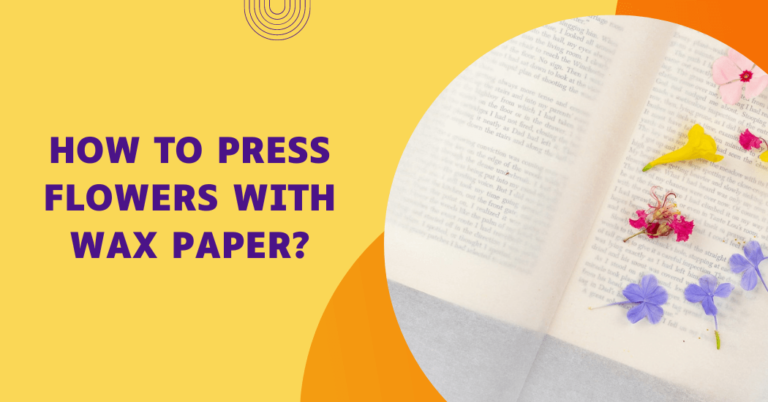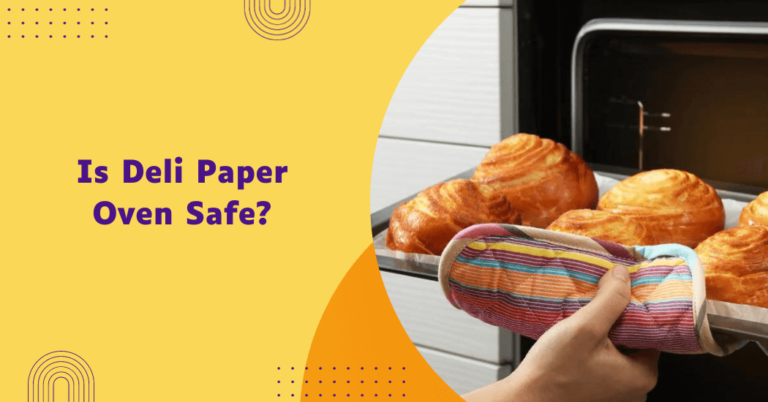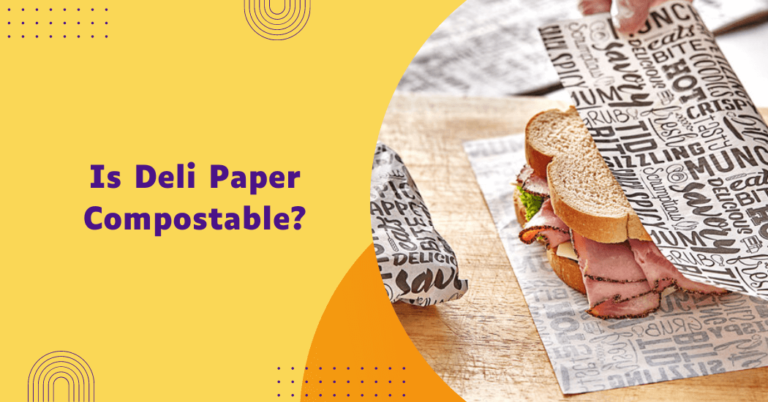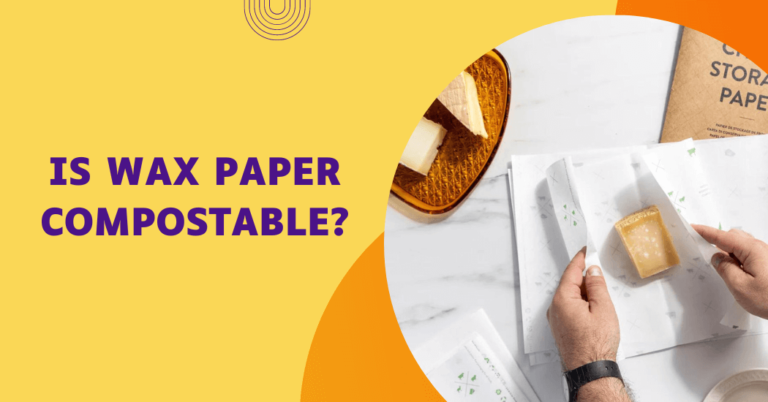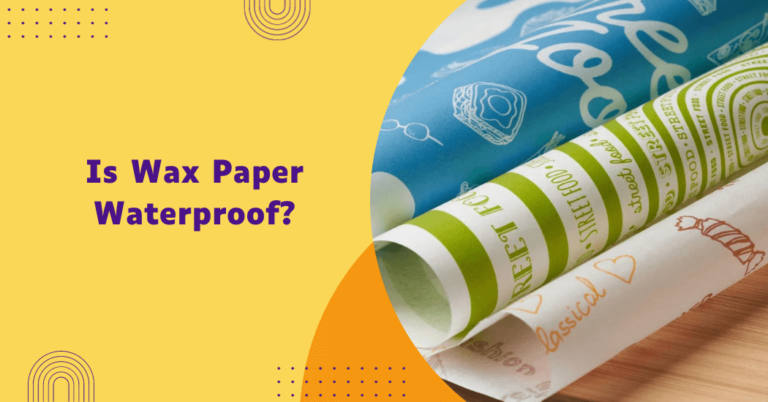Do you need to grease aluminum foil pans?
Have you ever found yourself in the dilemma of whether to grease aluminum foil pans or not? Many home cooks and bakers have wondered if greasing these pans is just an extra step or a necessary one. With conflicting opinions and advice on this topic, it can be confusing to determine what the best practice is.
In this blog post, we will delve into the question of whether you need to grease aluminum foil pans and provide some clarity on this culinary debate.
So grab your baking tools and let’s get into it!
Greasing Aluminum Foil Pans
When it comes to greasing aluminum foil pans, the answer largely depends on what you are cooking or baking. For recipes that are prone to sticking, such as cakes, brownies or cheesy casseroles, greasing the pan can be an essential step to ensure your dish comes out cleanly.
Greasing helps to create a non-stick surface, preventing your food from adhering to the foil and making clean-up easier. However, for items that naturally do not stick much, like roast vegetables or meats, you can often skip the greasing step.
Additionally, using non-stick aluminum foil is an option that eliminates the need for greasing altogether. In summary, while it’s not always necessary, greasing can be beneficial depending on the recipe and desired outcome.
8 practical tips to decide whether to grease aluminum foil pans
When deciding whether to grease aluminum foil pans, consider the following practical tips and tricks to enhance your cooking experience:
- Test the Recipe First: If you’re trying a new recipe, it might be wise to grease the pan initially. This approach helps you understand the specific requirements of the dish and prevents potential sticking issues.
- Account for Cooking Time: Longer cooking times can increase the likelihood of food sticking. If your dish requires extended baking or roasting periods, a light grease layer can offer additional protection.
- Evaluate Food Ingredients: High-sugar or high-protein foods tend to stick more easily. If your recipe includes such ingredients, greasing may become necessary to ensure a smooth release.
- Monitor for Allergies and Preferences: If anyone eating the meal has a sensitivity or preference against added fats, consider using non-stick alternatives like silicone baking mats or parchment paper.
- Experiment with Light Coating: A minimal amount of grease can often be enough to prevent sticking without adding significant calories or altering the dish’s flavor. Use a brush or paper towel for a thin application.
- Check Foil Quality: Using a high-quality, thicker aluminum foil reduces the need for greasing, as it possesses more natural non-stick properties.
- Consider Clean-Up: Greasing the pan can significantly reduce clean-up time by preventing food from baking on the surface, making it a good practice for busy cooks.
- Observe your Oven: Oven hot spots or uneven heat distribution can cause certain areas of your dish to stick more readily. Greasing can mitigate this risk, offering more consistent results.
By applying these tips and tricks, you can make more informed decisions about greasing aluminum foil pans to suit your specific cooking needs and preferences.
Expert opinions to grease aluminum foil pans
Culinary experts have diverse opinions on the necessity of greasing aluminum foil pans, yet they provide valuable guidance that can help streamline your decisions:
- Professional Bakers: Many professional bakers recommend greasing aluminum foil pans when baking cakes, brownies and other sweets with a high sugar content. According to renowned baker Mary Berry, “Applying a light layer of butter or oil not only ensures easy release but also contributes to the browning and flavor of baked goods.”
- Chefs and Culinary Instructors: Culinary instructors often advise their students to consider the nature of the dish being prepared. Chef Gordon Ramsay suggests, “For savory dishes, like casseroles or baked pasta, greasing can prevent sticking, especially if the dish contains melted cheese or creamy sauces.”
- Nutritionists: Some nutritionists advocate for minimizing the use of grease to reduce added fats in meals. Nutrition expert Dr. Susan Mitchell explains, “For those looking to cut down on extra calories, using non-stick foil or parchment paper can be a healthier alternative to greasing the pan.”
- Food Scientists: Food scientists, who study the properties of different cooking materials, note that the molecular structure of food, when combined with specific baking conditions, affects whether greasing is necessary. Dr. Harold McGee, a prominent food scientist, mentions, “Greasing aluminum foil is essential for creating a barrier that prevents chemically bound sugars and proteins from adhering to the foil during high-temperature cooking.”
- Home Cooking Enthusiasts: Experienced home cooks often develop their preferences based on trial and error. For instance, food blogger Sally McKenney recommends, “When in doubt, I always grease my aluminum foil pans, particularly for recipes I’ve not tried before. It saves me the trouble of dealing with stuck-on food later.”
Benefits of greasing aluminum foil pans
Greasing aluminum foil pans can offer several significant advantages that enhance the overall cooking and baking experience. Here are some of the key benefits:
- Easy Release: One of the primary benefits of greasing aluminum foil pans is ensuring that food releases effortlessly from the surface. This is especially important when baking delicate items like cakes and pastries, where sticking can ruin the appearance and texture.
- Improved Texture and Browning: Greasing can help achieve a desirable texture and even browning. A thin layer of fat on the foil can promote a golden-brown crust, enhancing the visual appeal and flavor of baked goods.
- Consistent Results: Greased pans contribute to more consistent baking results by preventing hotspots and sticking, which can cause uneven cooking. This is crucial for dishes that require precise doneness, such as cakes and casseroles.
- Simplified Clean-Up: Greasing minimizes the amount of food that bakes onto the foil, making clean-up much easier. This can save time and effort, particularly for busy home cooks and chefs who want to streamline their kitchen tasks.
- Enhanced Flavor: A slight coating of grease can add a subtle richness to baked items. Whether using butter, oil or cooking spray, the added fat can deepen the flavor profile of your dishes.
- Versatility: Greasing aluminum foil pans allows for a wider variety of recipes to be prepared successfully. From sticky cookies to cheesy casseroles, greasing ensures flexibility and reliability across a range of culinary creations.
- Reduced Waste: By greasing aluminum foil pans, you extend their usability, preventing food from adhering to the surface and rendering the pan unusable. This can be particularly beneficial for those who aim to reduce kitchen waste and maximize their resources.
Alternatives for greasing aluminum foil pans
| Method | Description |
|---|---|
| Non-stick aluminum foil | Eliminates the need for greasing and provides easy release for most recipes. |
| Parchment paper | Can be used as a liner instead of greasing but may not provide as much non-stick protection. |
| Silicone baking mats | Similar to parchment paper, these mats can also act as liners and reduce the need for greasing. |
| Baking spray | A quick and convenient alternative to greasing with oil or butter. However, it may contain additional chemicals that some may prefer to avoid. |
| Non-stick cooking spray | Provides a similar effect to baking spray but with added non-stick properties. Again, some may prefer to avoid additional chemicals. |
| Grease and flour method | A traditional technique used for cakes, where the pan is greased and then dusted with flour to create a non-stick layer. |
| Oiling with a brush or paper towel | For those who prefer using minimal amounts of oil, this method allows for precise application without excess grease. |
| Aluminum foil liners | Instead of greasing the pan itself, you can create a liner by pressing aluminum foil onto the surface and then removing it before baking. This also eliminates the cleanup hassle. |
FAQs
What happens if I don’t grease my aluminum foil pan?
If you don’t grease your aluminum foil pan, food may stick to the surface, making it difficult to remove and potentially ruining the presentation and texture of your dish. It can also make clean-up more challenging.
Is greasing aluminum foil pans healthier than using baking sprays or non-stick coatings?
Greasing can be done with natural fats like butter or oil, which some may consider healthier than baking sprays or non-stick coatings that contain additives.
However, for those looking to reduce added fats, using parchment paper or non-stick foil might be a better option.
How do I grease an aluminum foil pan properly?
To properly grease an aluminum foil pan, apply a thin layer of your chosen fat, such as butter or oil, using a brush or paper towel. Ensure the entire surface of the pan is evenly coated to prevent sticking.
Can I reuse aluminum foil pans after greasing them?
Yes, greasing aluminum foil pans can help reduce sticking, allowing you to reuse the pans multiple times. This can be especially useful for reducing kitchen waste and maximizing resources.
Are there any disadvantages to greasing aluminum foil pans?
While greasing can offer many benefits, disadvantages may include the addition of extra fats to your dish, which may not be desirable for those monitoring their fat intake.
Additionally, over-greasing can sometimes lead to excessive browning or a greasy texture.
Final words
Whether or not you need to grease aluminum foil pans depends on a variety of factors, including the type of recipe, personal preferences and health considerations. Greasing can be beneficial for ensuring easy release, enhancing browning and texture, achieving consistent results, simplifying clean-up and adding subtle flavor enhancements.
For those seeking healthier options, alternatives such as non-stick foil, parchment paper, silicone baking mats and light oiling methods are available. Different experts, from renowned chefs to food scientists, offer diverse perspectives on the necessity of greasing but ultimately, the decision should be based on individual needs and the specific demands of the dish.
Whether you choose to grease or utilize alternative methods, being informed about the benefits and drawbacks of each approach can help you achieve the best culinary outcomes.
